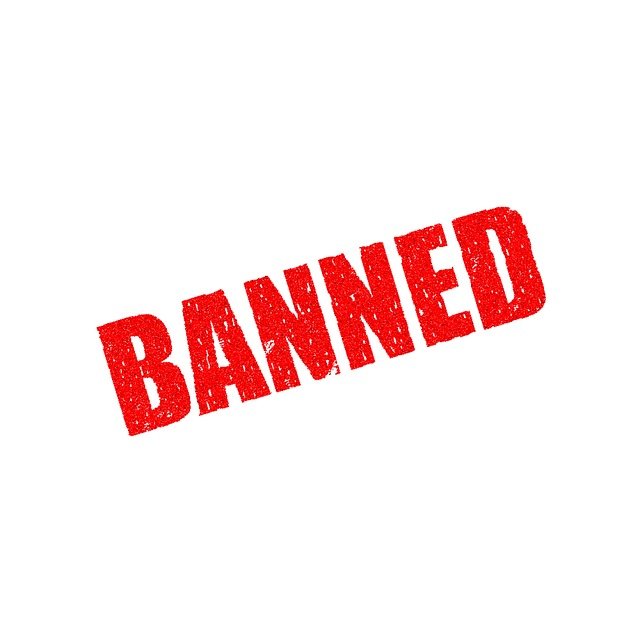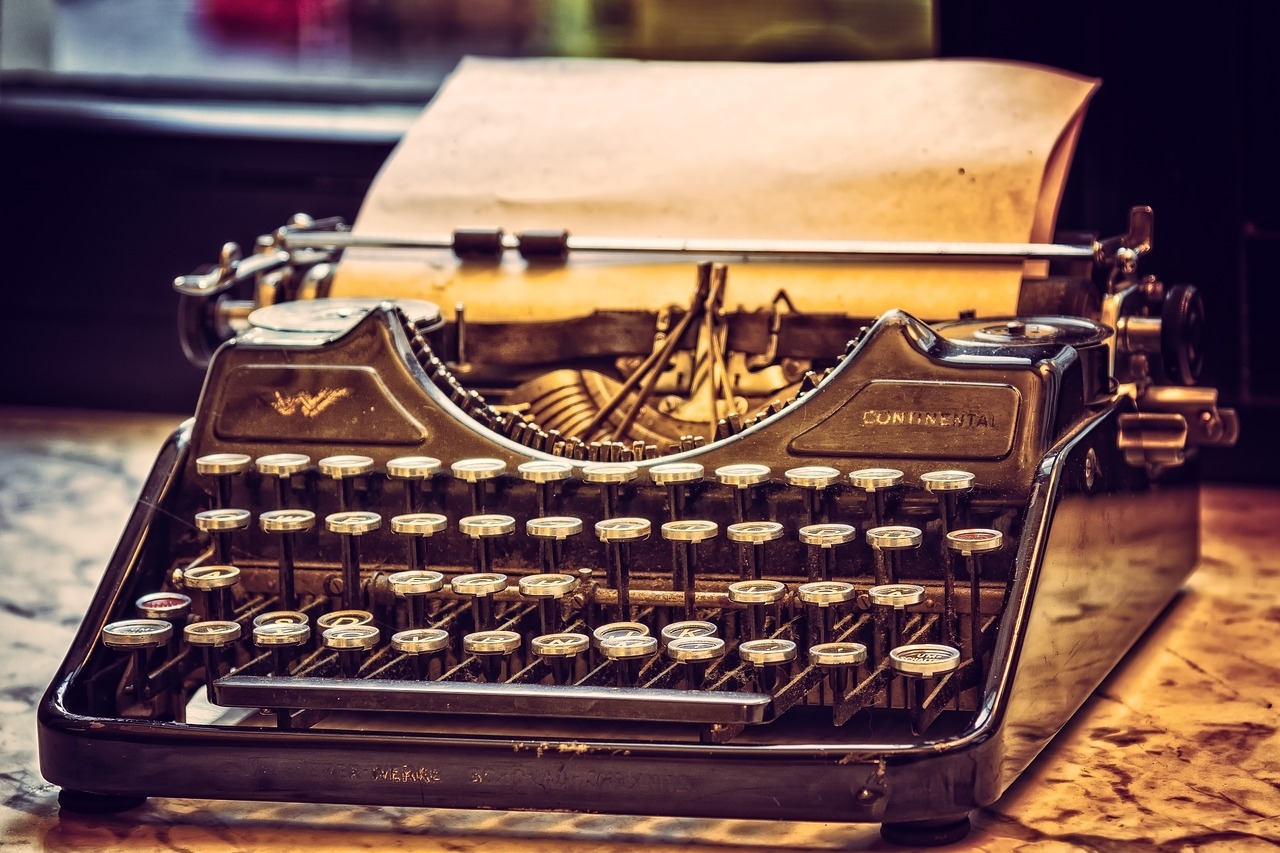
A Solution to Big Tech Censorship
A number of years ago caves in Tennessee were closed to the public. The government did this in response to a fungus that was attacking the bats. They believed at the time that cavers were spreading the fungus from cave to cave and so they closed the caves. However, they didn’t expect the unintended consequence of that decision – people began using caves as trash dumping grounds.
In times past the Caving Grottoes self-policed caves. The cavers would insure that people didn’t grafiti the walls or dump their trash. Ironically, the members of the Grottoes followed the state regulations and didn’t go into the caves. Unfortunately not everyone followed the caving rules; since the grottoes were not there to police the caves, the caves became trash heaps. The state reopened the caves and let the caving community come back in to help police the caves . I’ve seen this also when hiking in Colorado, hikers along the trails police the trails, they pick up trash and remind fellow hikers of the trail regulations.

While there are plenty of outlandish stories on social media, we are experiencing censorship on a level never before seen. Take for example the story run by the New York Post before the election with concerning allegations regarding the Biden family and its connections to Ukraine and China. This story was censored before the election and then barely “reported” after the inauguration. Some Biden voters reported that if they had known some of the details in the story they might have changed their vote. To my knowledge, no one has disputed the information.
How does this tie into self-policing? Obviously, social media companies have gone into the business of censorship because of their political bias, but making laws – to get them to do the right things – is also problematic. I propose a different solution. Let us self-police and decide for ourselves what we choose to read, listen or watch.
Let me give you an example, not long ago information was circulating that Myanmar’s election was done on Dominion Voting Systems and that the it had been rigged. It didn’t take long before people began pointing out, when this information was posted on social media sites that do not censor, Myanmar uses mostly paper ballots counted by hand. The story quickly died out.
Many of the “fact-checkers” have been proven to be merely opinion pieces. In fact, I have posted information (some from the CDC), by prestigious doctors and organizations, that got removed, simply because it contradicted a Facebook stance. If these reports were in error, someone would post articles or state facts to counter. Then we make our own decision because of something called critical thinking and informed debate.
Some of you will argue that there is too much disinformation to let people self-govern social media sites. I argue that with all the censorship we are living in greater disinformation. How many times has someone linked an article where the title says one thing (usually opinion) but the article states the opposite. Too many people only read the titles and never the articles thus forming an opinion based on a title. Recently Project Veritas exposed CNN admitting to being propaganda and lying simply to get Trump out of office or to sell fear in the case of Covid-19. I argue that censorship has done nothing but promote even greater disinformation.
Can anyone say that Social Media has been strengthened by its censorship? Does it benefit us as a country to continue to silence more than half the nation? Sure there are many topics I don’t want coming through my feed such as pornography. But does silencing the majority really make things better. Why not let us be the police of social media. As someone pointed out – has there ever been an outcome that is good when opinion, ideas and viewpoints are silenced?


